What is the process of writing a poem like for you? Is it a lot of hard work or easy?
Renah Osiemi: The process of writing a poem can be both easy and hard depending on my state of mind. Am I in a creative flow state, how am I feeling emotionally? Historically, I have found that I write my best poems when I am very high or very low emotionally. Over time, I have been able to control my emotions better and I can put myself in certain states or characters to imagine the emotions from that state and write a piece. Can it be hard? Yes, it can! Sometimes it just flows easily and I think “Did I write that?”. Other times, it’s a bit more work because there’s something specific that I am trying to convey, and I want to do as much justice to the piece as I can.
.
Please describe your sense of identity in this or any possible world in imagery or metaphor?
Renah Osiemi: In my new book, Hold Space for Me, I would say my sense of identity is one of a courageous, vulnerable, empath. I say courageous and vulnerable because you need courage to be open and commit to staying open and vulnerable so that you can connect and empathise more with people. Hold Space for Me is a book that helps people feel seen, or hopes to help people see themselves and others.
We get too consumed in our own emotions but do not realise that it’s a shared experience we all have in different forms. When my mom passed, it was a reminder that I had never truly felt what it meant to lose a loved one. So all the “it is well” and “take heart” messages that I had said earlier (to my friends and colleagues who had lost loved ones) then seemed very shallow. It’s no one’s fault but when I was in that same situation, I was able to say, “Oh my God! Is this what this person went through?”—even though people experience grief (or any other emotion) in different ways.
So, overall, it’s to say, “Hey, how does this person feel in this situation?” Can we hold space for that person to feel all their feelings and empathise with what they are experiencing, however long that takes.
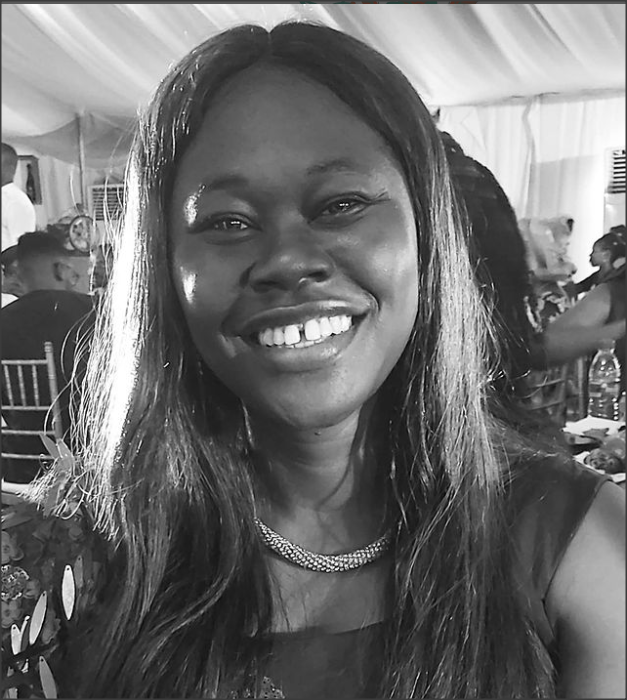
If any of your poems could literarily save a person’s life, which poem would it be and can you describe the person whose life you think it would have saved?
Renah Osiemi: It can be found on page 38; the poem titled “Speak”:
I hope that you can speak
Of everything that you have witnessed,
Everything that you have seen.
I hope you are not silenced
Into thinking you are not enough, Or just a bit too much. I hope you find the words, and That you string them together.
To make sense to you first,
And then others.
But you first!
I hope that you find the space
To translate your soul
And find your voice,
In this noisy world. I hope.
I think it would save the life of someone who feels voiceless, or overwhelmed by self-doubt. This person might be struggling with low self-worth and the courage to express themselves. They might be experiencing pressures or personal challenges that make them feel insignificant or too much for others to handle.
The poem’s message would resonate with them because it talks about the importance of their voice and validates their experiences and emotions. It encourages them to prioritise their own expression before seeking validation from others.
I see the poem helping this person by offering them hope and encouragement to speak out and find their voice. For instance, it might remind them that their words and experiences matter, giving them the confidence to share their story and connect with others who may feel the same.
What does Africa mean to you, as potential or reality?
Renah Osiemi: Well, to me, Africa is a land of richness and diversity, both culturally and geographically.
In terms of potential I see Africa as a continent rich in opportunities for growth and development. For example, Africa has a young and active population and immense natural resources. This potential is significant because it offers the possibility of a better future in which innovation and resilience can lead to long-term progress and prosperity.
The reality in Africa is full of contrasts. Examples include thriving cultures and communities, the continued struggles of poverty and political instability, and progress in fields such as education and technology. These facts have an impact on me because they emphasise both progress and ongoing concerns that must be addressed, while also reminding me of the perseverance and strength of its people.
Could you share with us one poem you’ve been most impressed or fascinated by? Tell us why and share favorite lines from it.
Renah Osiemi: I know this may sound cliche but one poem that has deeply impressed me is Maya Angelou’s “Still I Rise.” This poem resonates with me not only for its empowering message of resilience in the face of adversity but also for its unapologetic expression of freedom and courage in vulnerability.
The poem challenges oppression and prejudice, affirming the speaker’s unyielding spirit despite attempts to diminish her.
In her professional life, Renah is the Chief Operating Officer at Zedcrest Wealth, a digital wealth management firm. With over 16 years of experience in sales, business development, and strategy, she is dedicated to driving business growth and improving user experiences.
- Poets Talk: 5 Questions with Kayeon Onyeka - February 25, 2025
- Poets Talk: 5 Questions with Jakky Bankong-Obi - December 3, 2024
- Poets Talk: 5 Questions with Odu Ode - November 26, 2024







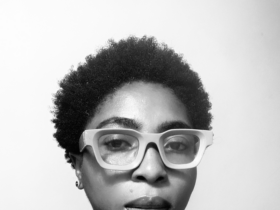
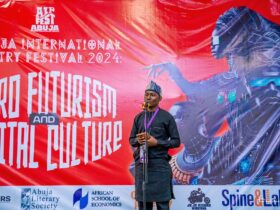
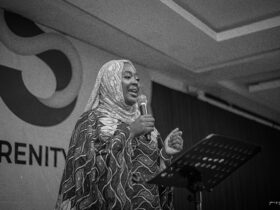
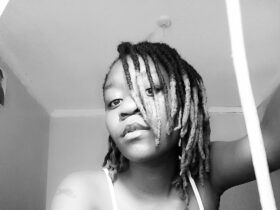
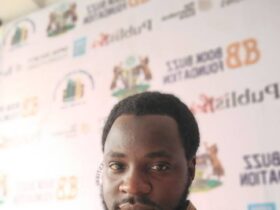

Leave a Reply